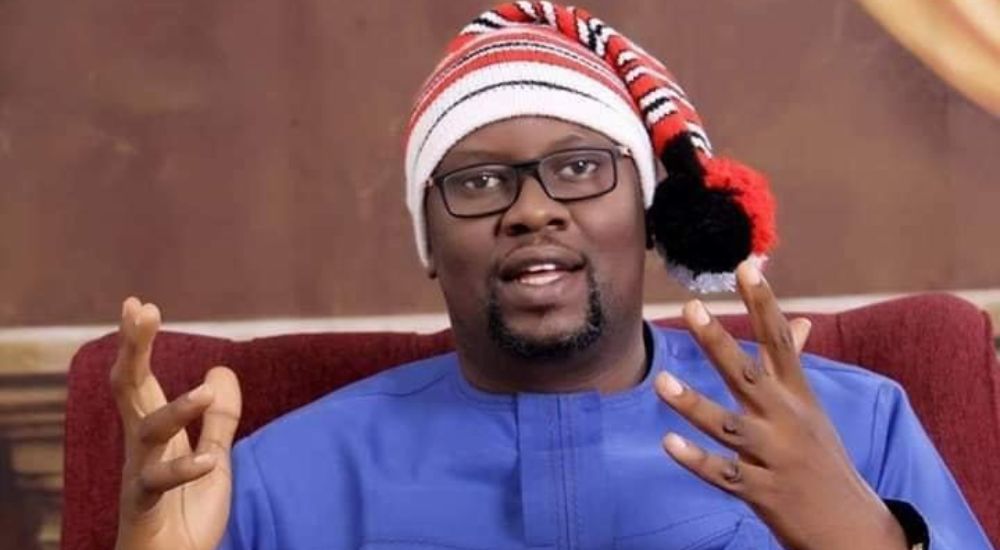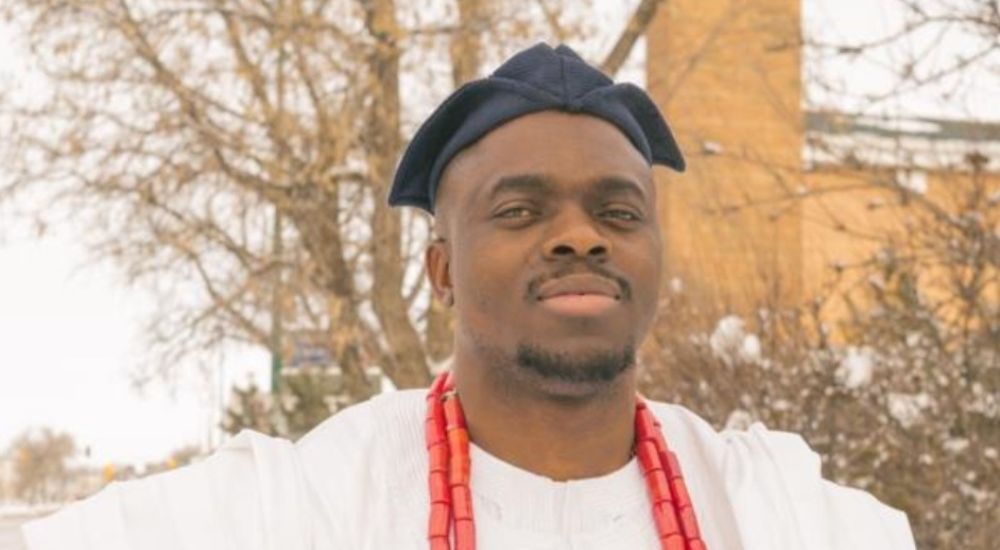A Voice That Refused To Be Silenced: Tribute To Ngũgĩ Wa Thiong’o
We have lost Ngũgĩ wa Thiong’o. An African literary giant of Kenyan extraction whose pen was a cutlass, cutting through the thorns of colonial oppression. At 87, Ngũgĩ has joined his ancestors, leaving behind a legacy as huge as an Iroko tree. His life was a testament to the power of words, not just to tell stories but to reclaim identities. At the heart of his revolution was his “politics of language”, a clarion call to restore African tongues to their rightful throne. In a world where English reigns like a colonial overlord, Ngũgĩ’s insistence on writing in Gikuyu was both a rebellion and a love letter to Africa’s soul.
His works – Weep Not, Child (1964), A Grain of Wheat (1967), Petals of Blood (1977) – wove Kenya’s struggles into the world’s literary garment, their pages heavy with the weight of colonial wounds and postcolonial betrayals. But it was his bold shift to Gikuyu with Devil on the Cross (1980), scratched onto toilet paper in a prison cell under Arap Moi’s iron fist, that marked him as a revolutionary. In Decolonising the Mind (1986), he argued that language is not just a tool but a carrier of culture, a vessel for a people’s worldview. To speak only the coloniser’s tongue, he warned, is to live in a borrowed skin, alienated from one’s own history. His words sting when we consider Nigeria, where many parents sometimes celebrate their children’s “British” or “American” accents while their mother tongues gather dust. It’s as if we’ve traded our ancestral proverbs for a shiny foreign vowel, a transaction Ngũgĩ would have called a cultural heist.
This brings to mind a scene all too familiar in Abuja government offices: an Igbo or Yoruba visitor (probably seeking a favour) greets someone in a position of authority in their shared tongue, only to be met with clipped English replies, as if Igbo/Yoruba were a rustic dialect unfit for the air-conditioned office. Ngũgĩ would name this “linguistic self-colonisation”, a subtle surrender to the colonial hierarchy that deems English the language of progress. Particularly, I’ve heard tales of Igbo parents, who haven’t travelled beyond Onitsha Head Bridge, barely fluent in Pidgin, insisting on speaking Pidgin as Oyinbo at home, mistaking it for English, while their children grow up strangers to Igbo’s rich cadences. One parent boasted to me, “My son speaks like an Oyinbo!”, oblivious that the boy couldn’t name his mother in Igbo. Naivety, perhaps, or what Ngũgĩ might call a colonised mind, blind to the fact that children can wield multiple tongues like a village child juggles mangoes.
Ngũgĩ’s comrade in this linguistic crusade was Chinua Achebe, Nigeria’s literary titan. Achebe, in Things Fall Apart (1958), masterfully wove Igbo proverbs and idioms into English, proving that African languages could enrich global literature without losing their essence. While Achebe chose to write in English to reach the world, he infused it with Igbo soul, a strategy that complemented Ngũgĩ’s radical shift to Gikuyu. Both men agreed: to decolonise is to reclaim the stories, rhythms, and wisdom of African tongues. Achebe’s Okonkwo spoke Igbo truths in English; Ngũgĩ’s characters spoke them in Gikuyu. Together, they challenged the notion that African identity must bow to Western languages. Yet, when Igbo parents let their children’s mother tongue wither, or Yoruba professionals shun their language in favour of English, they stray from this vision, trading cultural gold for colonial brass.
Ngũgĩ’s politics of language wasn’t just about literature; it was a blueprint for life. He saw the home as a sacred space for passing down language, much like a grandmother passes down a recipe for nsala soup. Why, then, do some Nigerian parents forsake this? The answer lies in a colonial hangover: English, or its cousin Pidgin, is seen as the key to jobs, schools, and global stages. But Ngũgĩ would remind us that children are linguistic sponges, capable of soaking up Igbo at home, Yoruba in the market, and English in the classroom. To choose one over the other is to believe the colonial lie that our languages are inferior. As Achebe once quipped, “The British did not push language into my mouth; I chose what to do with it.” Why, then, do we let English push our own tongues out?
The irony is sharp enough to cut palm fruit: some parents, barely literates in English, mumble Pidgin at home, thinking it’s a ladder to Oxford, while their children could master both Igbo and English if given the chance. Ngũgĩ’s Kamirithu theatre, where Gikuyu plays galvanised Kenyan villagers, shows what’s possible when we embrace our languages. Imagine Nigerian homes where Igbo proverbs dance with English lessons or offices where Yoruba flows as freely as corporate jargon. This is the multilingual future Ngũgĩ envisioned, one where our tongues are not rivals but allies, killing two birds with one stone, as a wise Igbo saying might put it.
I understand the pressures and dilemmas parents and professionals may face regarding the currency of the mother tongue. Nigeria’s schools teach in English; jobs demand it; global media glorify it. When a Yoruba accountant answers in English, it may reflect workplace norms, not always shame. Still, Ngũgĩ would urge us to question these norms. Why must English dominate when Yoruba can strengthen bonds? Why can’t Igbo thrive at home when schools ensure English fluency? His life’s work challenges us to see our languages as treasures, not burdens.
Ngũgĩ’s passing leaves a void, but his voice echoes. His daughter, Wanjiku, urged us to “celebrate his life”; his words urge us to live it. Let us honour him by speaking our languages, Igbo in UEFA Champions League pre-match interviews and Yoruba in the United Nations General Assembly, with the pride Achebe wove into his prose. Let us teach our children that an Igbo proverb or a Yoruba oriki is as valuable as any Oxford accent. For, as Ngũgĩ taught us, to starve a language is to starve a people’s memory. In his memory, let us speak, write, and dream in the tongues of our ancestors, for they are the roots that keep us standing tall.
– Mr Ozogwu is an Abuja-based public affairs commentator. He is the CEO of Derasoft Consulting, a tech firm that specialises in enterprise systems.
Disclaimer: This article is entirely the opinion of the writer and does not represent the views of The Whistler.
A Voice That Refused To Be Silenced: Tribute To Ngũgĩ Wa Thiong’o is first published on The Whistler Newspaper





